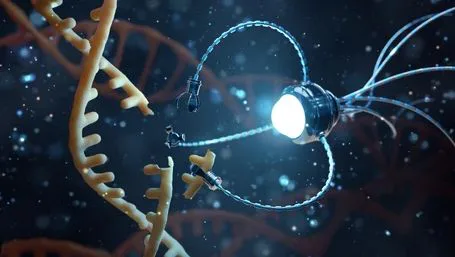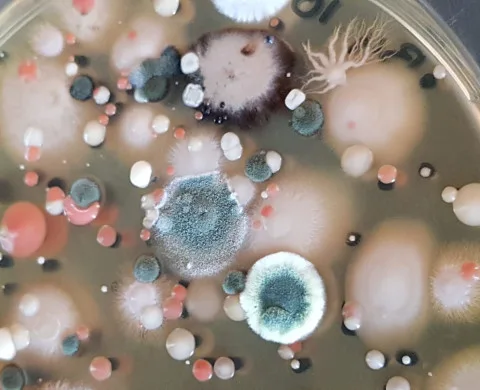Travelling to space can have an adverse effect on the immune system. Researchers at University of California Davis College of Biological Sciences and lead by Deborah Kimbrell, found that the fruit flies (Drosophila flies) born and raised in a spacecraft has weak immune system in fighting commonly occurring fungus. The researchers choose Drosophila flies for the fact that they share many basic features of their defense mechanism with those of mice and humans.
The researchers placed eggs in a spacecraft which was going to be in the space for the next 12 days during which the eggs were hatched and the flies develop into adults. For the test, flies in the spacecraft were made to go through an increase in gravity as well as decrease in gravity. These adult flies after returning to the planet, were tested for their ability to fight off two distinct infections. The first was infection caused by a fungus, which a fly can combat only through a path conciliated by proteins known as Toll receptors and second a bacterial infection which was warded off by flies with the help of a gene known as imd (“Immune deficiency”).
The researches claim that the findings are significant as both the toll and The Immune Deficiency (IMD) pathways have analogue which were applicable to humans and other mammals as well. The flies born in the space showed poor response of Toll pathway, whereas the response through the IMD pathways were still effective.
These flies were also examined under hyperactive situations by using a centrifuge, which mimicked gravity that is above 20 times to that of Earth’s gravity. Researchers found that there was an improvement in the fly’s immune system to fight the fungus. These findings show there is a relationship between the immune system and Earth’s gravitational pull.
Kimbrell and her team suggest two theories to explain the effect of gravity on the immune system. As per the first theory, space raised flies shows hyper gene activities that are engaged in the coding of the heat shock proteins. The body when under physiological stress produces the proteins which in-turn get attached to the toll receptors. Other theory says that the absence of gravity disrupt the function of proteins sheathing the cells which is a zone that is crucial for Toll than for IMD communication.
The finding of the study in the future can help designers to include centrifuge in the spacecraft which can help astronauts in keeping their bone and muscle strength along with keeping their immune system healthy.
Source: Counsel & Heal




